This is one in a series of blog posts introducing the Center for Universal Education’s 2017 Echidna Global Scholars.
Teenage pregnancy has long been a global issue that results in health and societal problems. For the mother, risks include maternal mortality, poverty, low educational attainment, and poor life outcomes. For infants, there are risks of infant mortality and mild- to- chronic disabilities as they grow up. There is also real discrimination against students who become pregnant. President John Magufuli, of Tanzania, recently said, “No pregnant student will be allowed to return to school … After getting pregnant you are done.” However, with effective policy implementation and donor agency support, pregnancy does not have to be the end of girls’ educational pursuits, but can be a call to support girls to “return to school and to reach their full potential.”
In my country, Jamaica, the teenage pregnancy rate in 2008 was the fourth highest in the Caribbean with a birth rate of 72 per 1000 adolescent girls—a great cause for concern. Since then, the National Family Planning Board, the Ministry of Education, other state agencies, and nongovernmental organizations have promoted strong messages and interventions on abstinence, sexual and reproduction health, and responsible sexual behavior. These initiatives have significantly reduced the rate of teenage pregnancy. In 2015, the birth rate dropped significantly to 59 per 1000 adolescent girls in the 15-19 age cohort.
Prior to 2013, the formal school system could permanently exclude a pregnant girl from school. Government policy did allow for school re-admission after pregnancy, but many school administrators discriminated against pregnant schoolgirls and resisted their re-admission. In 2013, the government implemented a national policy that mandated school-aged mothers, after giving birth, be re-admitted in the “same school they attended prior to becoming pregnant” or in “a new school of the same level as the one they attended prior to becoming pregnant.”
The Women Centre of Jamaica Foundation (WCJF), a state agency, helps put mothers through a pre-integration phase of counseling, mentoring, and educational development. After this short-term intervention, the girls reintegrate, based on their age, into secondary schools or post-secondary level institutions.
The policy is in its fourth year of implementation and although there has been no formal evaluation, early feedback suggests that more school-aged mothers are accessing and completing secondary level education and improving their life outcomes. However, the mere provision of a policy is not enough and the well-intended policy has several implementation challenges.
- Some secondary level institutions do not comply with the policy and discriminate against pregnant students, thus violating girls’ rights to free non-discriminatory access to quality education.
- Guidance counselors and social workers assigned at the decentralized level are expected to provide monitoring support for the implementation of the policy and support for the girls in their respective context, but human resource constraints may limit the extent to which this can be done.
- Limited financial support from families, as well as issues related to child care, may result in high absenteeism and low completion rate for girls from lower socioeconomic status.
- The absence of a database, to record and track girls’ progress, limits the ability to conduct policy evaluations and outcomes.
As an Echidna Scholar, I seek to determine the effectiveness of the policy and its impact on educational outcomes for school-aged mothers. I will also examine the factors that hinder or facilitate the process of reintegration and completion of secondary education. The results of this research will seek to inform policymakers and other interest groups of what works and what is needed to ensure that the policy benefits the most vulnerable.
Educating a school-age mother is pivotal for her success. She becomes more marketable and empowered to make informed decisions that improve life outcomes for her and her children. Reintegration is also critical for social and intergenerational issues; an educated woman will promote educational opportunities for her family and thus helps fight intergenerational poverty. If Jamaica can close its policy and implementation gaps, it could serve as a model for countries that are struggling to effectively reintegrate school-aged mothers. It will also underscore the global message that every student, including school-aged mothers, has a right to an education. Reintegration is a step in the right direction for school-aged mothers, let’s do it right!
 Photo credits: Women’s Centre of Jamaica Foundation
Photo credits: Women’s Centre of Jamaica Foundation
The Brookings Institution is committed to quality, independence, and impact.
We are supported by a diverse array of funders. In line with our values and policies, each Brookings publication represents the sole views of its author(s).

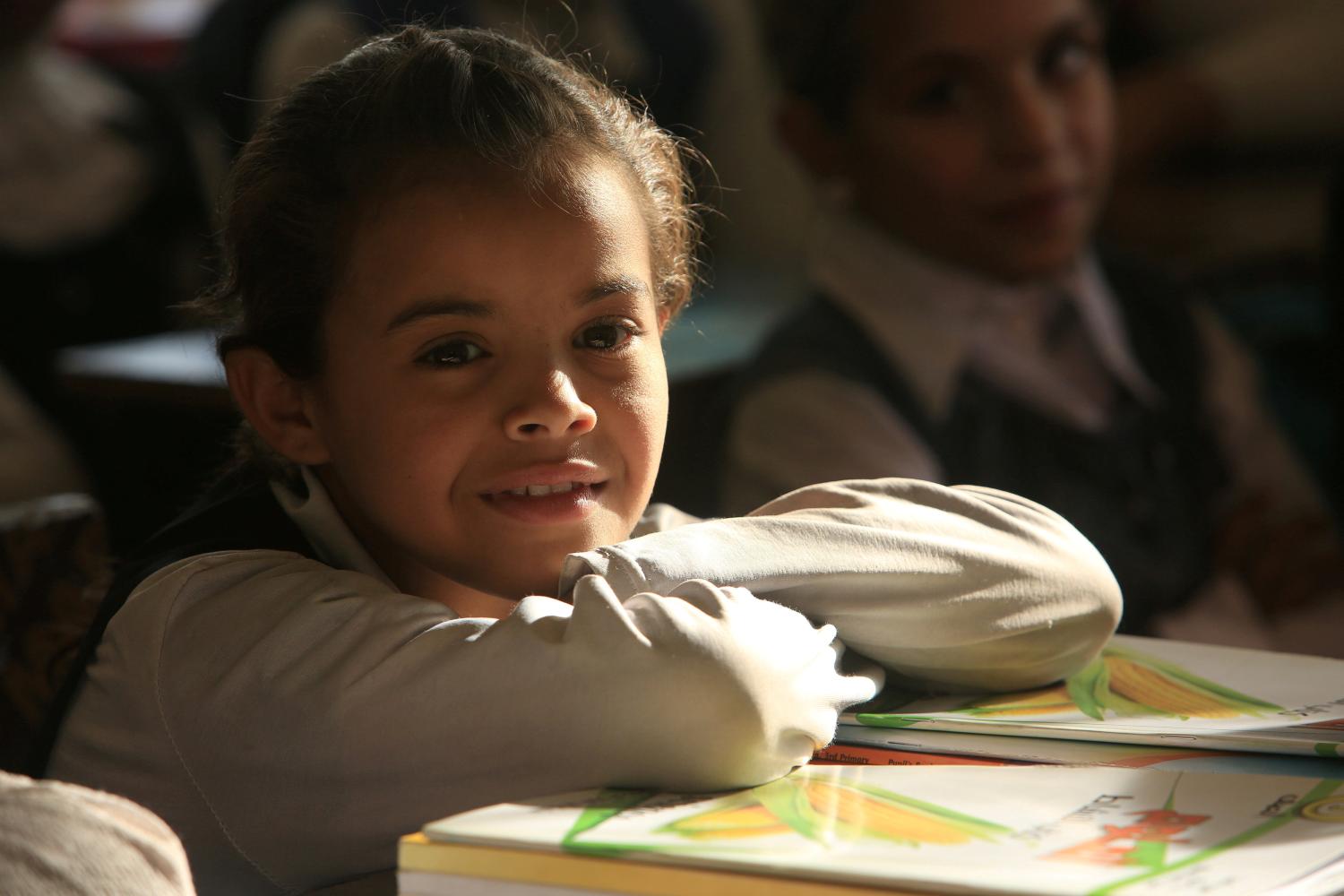
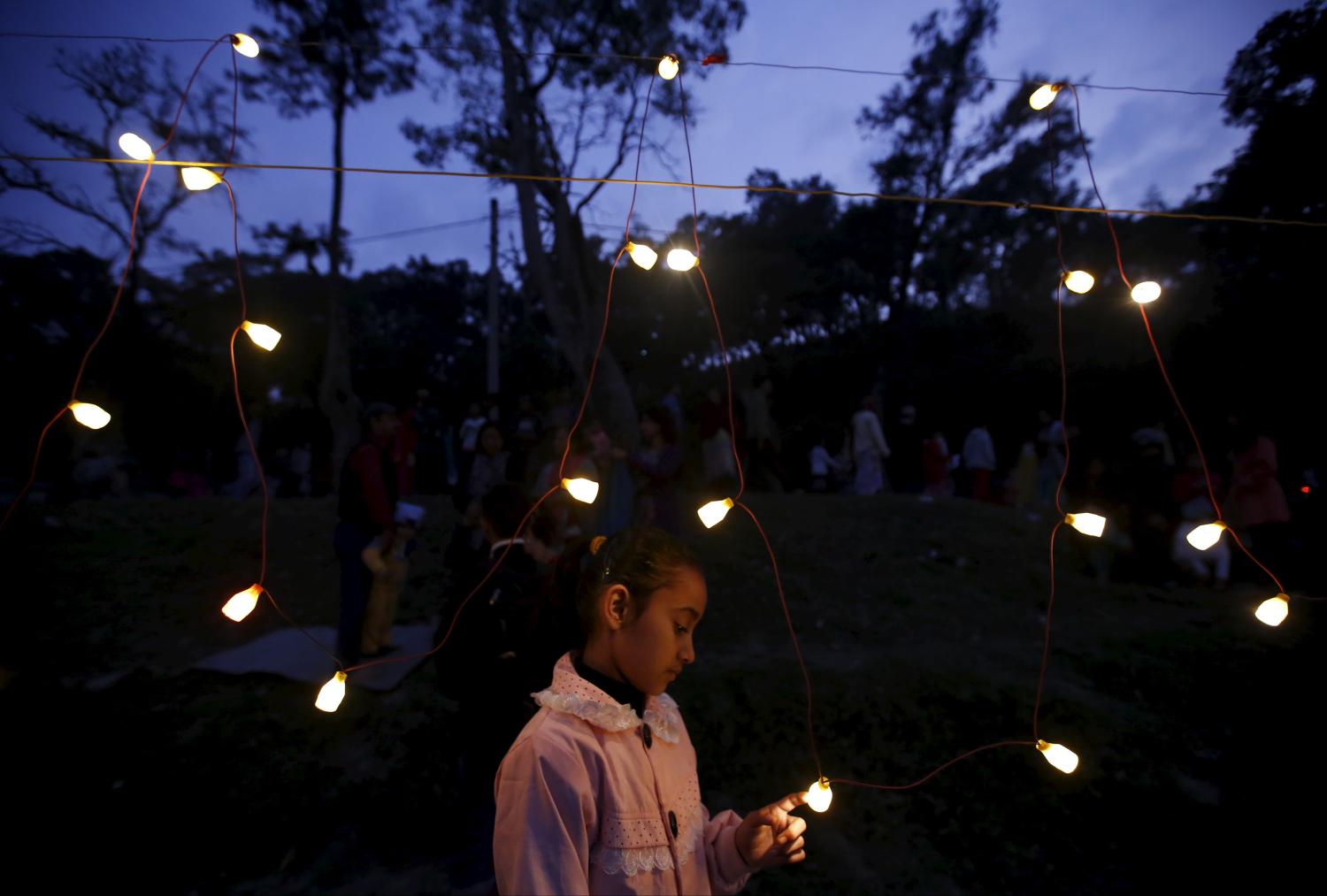
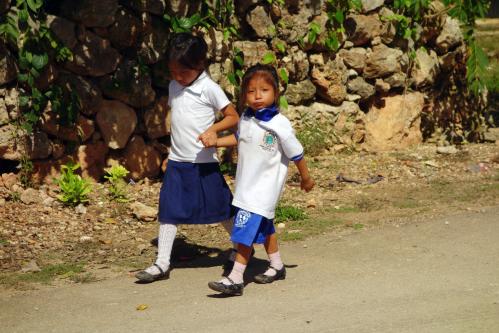
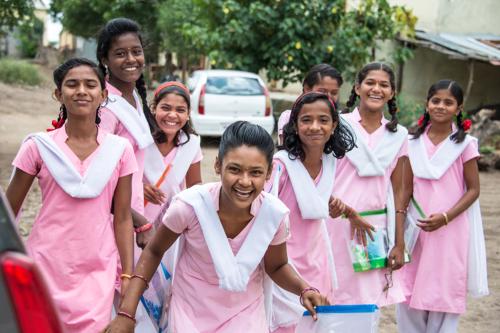




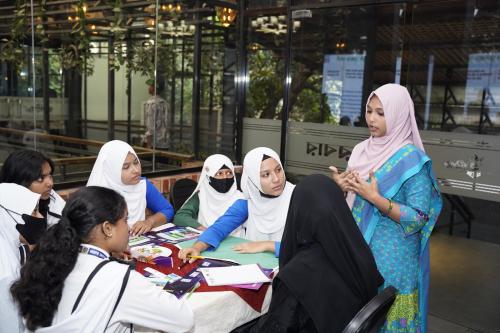
Commentary
The Jamaican reintegration policy for school-aged mothers: A step in the right direction?
August 8, 2017